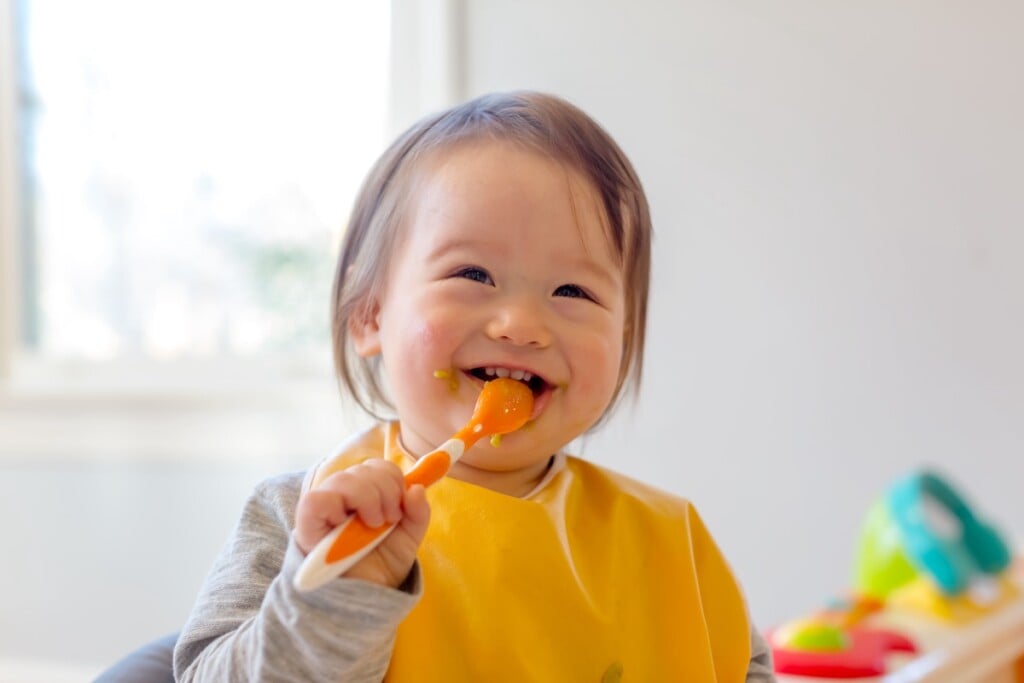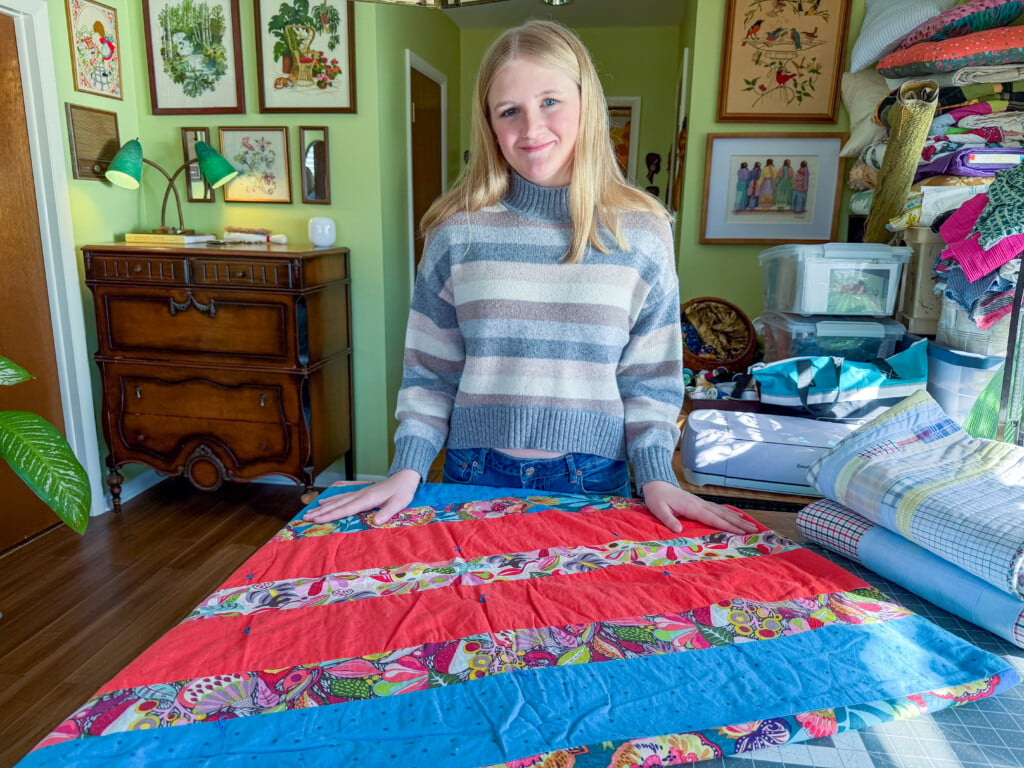Getting Ready for Preschool and Kindergarten: A Parent’s Guide

Early childhood education, often delivered through preschool or pre-kindergarten (Pre-K) programs, lays a critical foundation for lifelong learning. Designed for children between the ages of 3 and 5, these programs offer structured and play-based learning experiences to promote social, emotional and academic growth.
Understanding Preschool and Pre-K
Preschool focuses on learning through play. Children develop essential skills such as communication, self-regulation and social interaction. Pre-K, typically for 4- to 5-year-olds, serves as a bridge between preschool and kindergarten, emphasizing early academic concepts in a more structured but still playful environment.
Key Differences Between Pre-K and Kindergarten:
- Age: Pre-K serves ages 4–5; kindergarten is for ages 5–6.
- Structure: Pre-K is more informal and play-based; kindergarten introduces more formal academic instruction.
- Focus: Pre-K supports development through hands-on activities; kindergarten begins the elementary school journey with greater academic expectations.
Tips to Prepare Your Child for School
To ensure a smooth transition into Pre-K or kindergarten, parents can foster readiness through a mix of activities at home.
Academic Skills
- Read Daily: Encourage engagement by asking predictive and observational questions during storytime.
- Introduce Letters and Numbers: Help your child recognize letters, count objects and understand simple math concepts like sorting.
- Practice Pre-Writing: Teach your child to trace shapes, recognize their name, and use crayons or markers with proper grip.
Physical Readiness
- Outdoor Play: Activities like climbing and riding a bike improve gross motor skills and core strength.
- Fine Motor Development: Build hand strength with Legos, Play-Doh, bead-stringing or using scissors.
Social and Emotional Readiness
- Foster Independence: Teach your child to dress, use the restroom, wash hands and open food containers on their own.
- Practice Separation: Short periods away from parents can build confidence and reduce anxiety.
- Teach Emotional Regulation: Use books and role-play to help your child express and manage emotions.
- Build Social Skills: Encourage sharing, taking turns and cooperating with others through games and group play.
Encourage Obedience and Routine
- Practice listening to and following multi-step directions.
- Reinforce polite behavior with phrases like “please” and “thank you.”
- Begin establishing school-like routines in the morning and evening.
Create a Positive Outlook
- Talk about school with excitement.
- If possible, visit the school and meet the teacher.
- Use songs, routines and familiar objects to make the experience comforting and fun.
Final Thoughts
Preparing for preschool or kindergarten isn’t just about academics—it’s about nurturing a well-rounded, confident and independent child. With a little intention and consistency at home, you can set your child up for a joyful and successful school year.
 Angela Percival-Porter serves as a Child Development Specialist for the State of Oklahoma and is an adjunct professor, teaching various child development and child care administration courses at both community and national colleges. With 33 years of experience working with families and children, Angela has held roles such as director of an NAEYC-accredited early care and education center and has provided mental health consultation to local childcare centers.
Angela Percival-Porter serves as a Child Development Specialist for the State of Oklahoma and is an adjunct professor, teaching various child development and child care administration courses at both community and national colleges. With 33 years of experience working with families and children, Angela has held roles such as director of an NAEYC-accredited early care and education center and has provided mental health consultation to local childcare centers.




